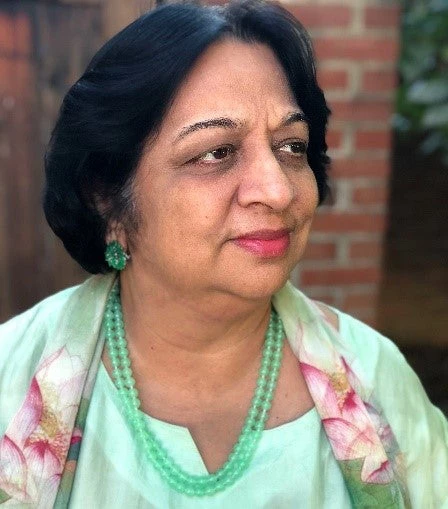To achieve the Sustainable Development Goals (SDGs) by 2030, an estimated $4.5 trillion per year in additional investment and finance in EMDEs will need to be mobilized. Sign up for the World Bank Group’s free online course, Unlocking Investment and Finance in Emerging Markets and Developing Economies (EMDEs), to learn about global efforts and innovations by international investors, multilateral development banks and policymakers to unlock massive investment opportunities in EMDEs, while also tackling some of the world’s most pressing development challenges of our time.
The course is led through the Office of the Managing Director and World Bank Group Chief Financial Officer (CFO), Development Finance Vice Presidency, and Open Learning Campus (OLC). It benefited from strong support from the government of the Republic of Korea.
A call to action
Through the course you will learn about how investments and finance of all kinds – international, domestic, public and private - including the $100 trillion in assets under management by institutional investors globally, are being mobilized by to achieve the SDGs by 2030.
The course starts with a general overview of global challenges and opportunities, before making the vast scope of this topic digestible and actionable by breaking it into four key perspectives and related calls to action:
First, it engages international and domestic investors on how they can adopt sustainable investment practices and increase their investments in EMDEs. In this context, it reviews how to work with multilateral development banks and development finance institutions, including to reduce investment risk and help build sustainable investment markets for development.
Second, it engages governments in EMDEs on how to strengthen their national financing strategies. Governments are encouraged to take a systematic approach to assessing all potential sources of development finance – international, domestic, public and private – using Integrated Financing Frameworks.
Third, it engages international and national development professionals on new and innovative financing approaches, including Maximizing Finance for Development (MFD) and Creating Markets.
Fourth, it engages international and national financial system actors, in particular regulators and supervisors, on their role in creating sustainable and inclusive financial markets.
Value proposition to participants
The free online course has five value propositions:
Learn from world leaders and experts in investment and finance in EMDEs. The course also features leading practitioners in development finance (download list of speakers). They include five World Bank Group Vice President, the International Monetary Fund (IMF) Managing Director Christine Lagarde, and the European Bank for Reconstruction and Development’s (EBRD) President Sir Suma Chakrabarti.
Access the latest information on investment and finance trends, innovations and results. The course provides access to cutting-edge investment and finance strategy resources, diagnostic tools, analysis and statistics on investment opportunities and trends, and progress with development finance goals.
Collaborate with thousands of investment, finance, development and policy experts around the world. The course provides a global platform to collaborate and problem-solve with thousands of investment, finance, policy and development professionals around the world.
Build your global investor and development professional network. Upon graduation, participants will be invited to join an international investment and finance professionals’ online network on LinkedIn.
Earn a World Bank Group – edX certificate. Upon successful completion of the course, receive a certificate of completion to add to your LinkedIn profile and resume.
The course is ongoing and will continue until the first week of July 2019. It is not too late to sign up to access the materials, though the window for receiving a certificate closed on June 20.
Results
Over 16,000 participants signed up for the course so far from 193 countries and territories. Combined with the previous two editions of the course, which were also supported by the government of the Republic of Korea, this brings the global total to approximately 65,000 participants signed up for the series of three since 2015. A sample of feedback and key takeaways from Week 1 of the course is available for download here.
The Future of Massive Engagement on Development Learning
Since its inception, the World Bank Group’s Open Learning Campus (OLC) has sought to become one of the world’s leading references in:
-
International development education to increase development effectiveness and mobilize finance and knowledge for development.
- Raising awareness of global, regional, national and local development challenges and approaches and programs underway by the World Bank Group and its partners to tackle these.
- Creating online knowledge exchange, learning and mobilization platforms that bring together and bridge global-national-local public and private actors to catalyze finance, investment and know-how in support of the World Bank Group’s Twin Goals and the Sustainable Development Goals.
In this context, this MOOC serves as an exemplar of the power and potential of online engagement. We look forward to deepening and extending our engagement globally and locally through such programs in future.
The next flagship MOOC in our series will be on the critical issue of how countries can best prepare for mass disruption and shifts in the nature of work projected by the World Bank Group’s recently published World Development Report. We encourage you to sign-up today for this critical, compelling and urgently needed course: The Future of Work: Preparing for Disruption.






Join the Conversation